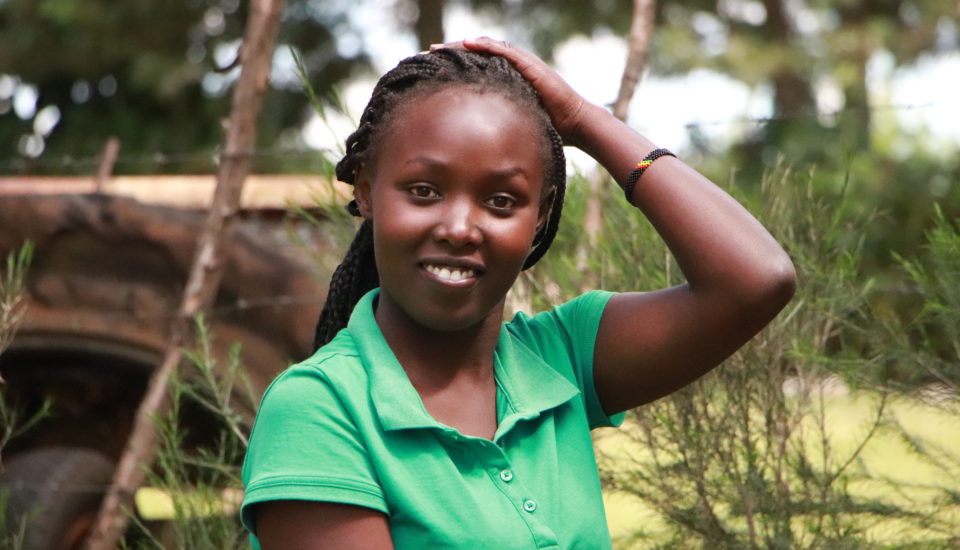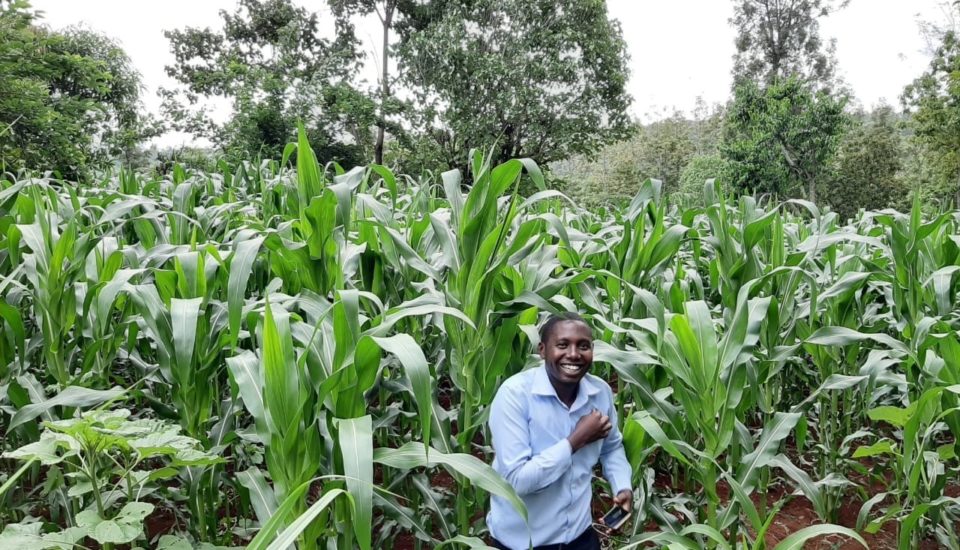By Edwin Manyeki.
Wanja grew up in the rural village of Mukika. She is the first born of 12 children. When she was 16 years old, Wanja’s father, who is a celebrity drunkard in the village, did not want to have her living at home anymore. He ordered her to choose between marriages or to just leave his home. According to him, he was growing old and about to die and he needed to enjoy cows from Wanja’s dowry while he was still strong. “Girls your age are usually married and never go beyond primary level. You are lucky you are in Form One,” said Wanja’s father, Mr. Zachariah.
Shortly within the same month, Mr. Zachariah arranged for a forced marriage of Wanja to a renowned cattle distributer of the village who gave him one cow in exchange. Wanja’s mother, who was deaf (read powerless), could not be involved in the negotiation and her only contribution was observation. At Wanja’s marital home, she was welcomed by village gossip and criticism of getting married to a man who changes women like clothes. Amidst the gossip, she discovered that the man she is married to was living with HIV/AIDS and, no doubt, she had contracted the deadly disease. Before Wanja could cope with the sad news and reality, her husband became ill and died within the same year of their marriage and left her pregnant.
How Did She Make It?
Throughout her childhood, Wanja wanted to become a tailor because she wanted to provide clothing for her younger siblings who had never been fully dressed unless they were at school. They were either in only a skirt/shorts or a blouse/T-shirt. They had one set of extra clothing for school or church. Wanja used to sew old sheets to make outfits for her siblings. She also wanted to open a business so that she could earn additional income and change the livelihood of her family. After her husband’s burial, on her way to the parents’ home, she saw a community support organization signpost that provides social support to women at little or no fee. She inquired about the organization’s activities. Upon learning that they had a tailoring program, Wanja asked if she could be enrolled in one of their tailoring programs (Information seeking).
Wanja immediately enrolled, and she became one of the pioneers in the tailoring project at the organization. During her four-month training, Wanja bought a saving box where she would drop 50% of any money she earned. Her first deposit in the saving box was the condolence fees she received from relatives and friends after her husband died. Knowing that she would need to cater to the basic needs of her unborn child, Wanja was hopeful that her savings would help her acquire the startup capital needed to purchase materials, since they were given a tailoring machine at the end of the course. (Systematic Planning & Time management).
Although Wanja gave birth during her last month of the tailoring course, she spent only three days at home and started carrying her child along with her to the training venue. She made sure she went to the teachers to take her through what she missed when she was away because she knew that these trainings sessions were important to her future. (Persistence)
At the end of the training, each one of them was asked to make a one-year action plan on how they would use the skills that they had acquired. While the majority of Wanja’s fellow students were complaining about the lack of startup capital and how hard it would be to find a market for tailoring in their local village, Wanja’s action plan had a goal of supplying uniforms for at least two schools within her community the following year. (Goal setting)
One week after the course ended, Wanja opened her savings box and found 5,000 Kenya Shillings, which she partly used to buy materials to sew her siblings’ uniforms, thinking that she would use them for marketing (Risk taking). Since her siblings were in three different schools, she moved with them to the various respective schools, telling the administration how well the uniforms were made and asking the administration to let her supply uniforms to the other pupils (Opportunity seeking). She assured them that, when given the chance, she would give one of the teacher’s children a uniform at no cost. (Persuasion and Networking).
When two of the schools accepted the opportunity, Wanja went back to the community support organization to inquire if they could direct her to where she could find good quality, affordable materials or the materials they used in their trainings. (Quality and Efficiency).
Wanja also decided to train her mother, who helped her especially when she was away. Wanja’s mother was responsible for expanding the business by looking for new customers and attending business management training courses so that she could help her daughter expand the business into a competitive enterprise across the district. (Commitment).
Now, two years later, Wanja supplies not only uniforms for three schools in her village, but she’s also the best maker of varieties of traditional dresses in her village. She pays school fees for two siblings.

In summary,
A successful entrepreneur is always on the lookout for information related to business. They ask other people for advice and information about prices. They observe the market to learn about the best location or to get new ideas for business. They also recognize that building partnerships with others, whether with customers, local authorities, or other business people, is important. They turn to their partners to understand different perspectives, find out relevant information, seek advice, build support, and ask for help.
Edwin Manyeki runs Entrepreneurship and business planning training. Get in touch with him on info@corp-skills.com









